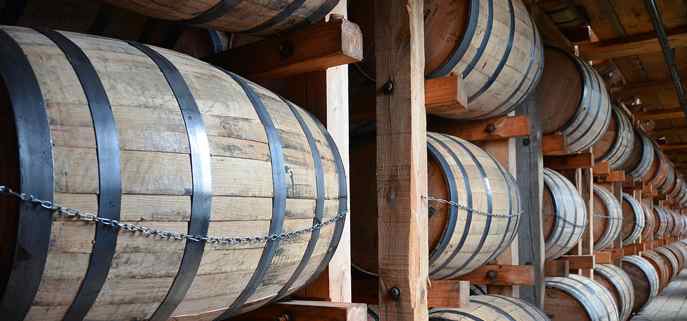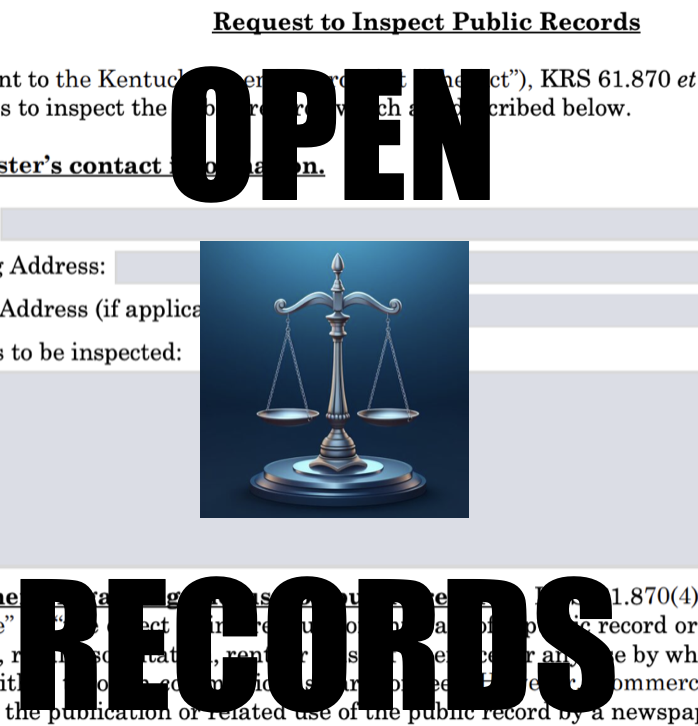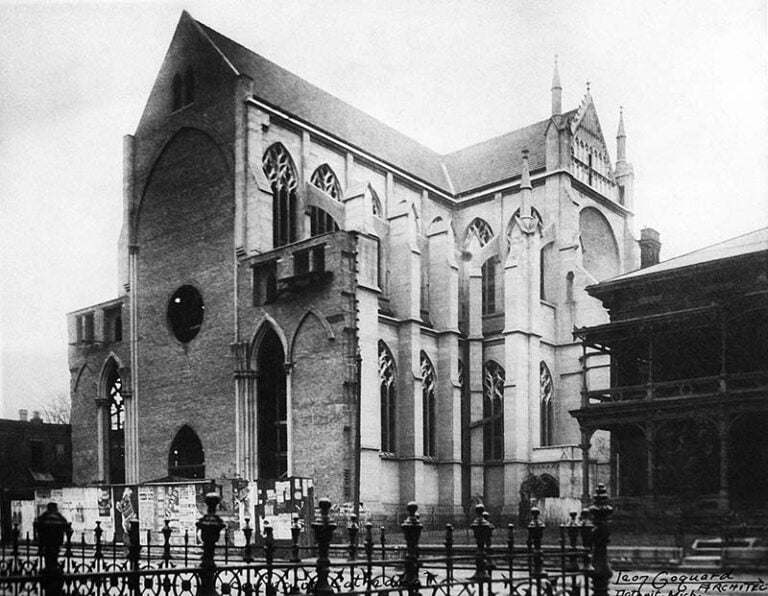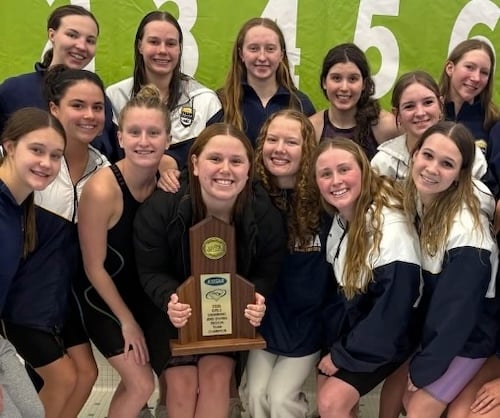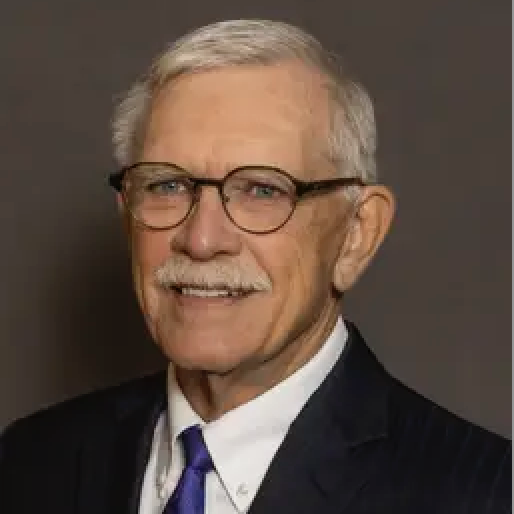By Hillary Delaney
Boone County Public Library
The illegal sale and distribution of liquor looms large in America’s history.
Our neighbors in Newport, once known as “Sin City” had many speakeasies which flourished during prohibition. These places tended to be rather rough, and many folks were not interested in mixing with such a wild crowd. If one wanted to stay home and have a drink, one would have to find the nearest source of the illegal elixir, but this activity wasn’t limited to one era in our history.
There have always been those who choose to distill their own liquor, even during the days when Boone County was home to the largest legal distillery in the state.
One example of this occurred in the early 1900’s; there is mention in Petersburg resident Lewis Loder’s diary of a local doctor who got into trouble for selling illegal liquor out of his office, though it’s not clear if it was marketed for “medicinal use.” The doctor’s office was mere blocks from the Petersburg Distillery, which was in full operation at the time.
The illegal production and distribution of liquor during times that legal liquor was available seems an unnecessary risk. The benefit, however, was the lack of tax paid by the producer and distributor; this savings was then passed along to the consumer.
In the Covington Journal, in 1861, there was a brief mention of the illegal sale and distribution of liquor on the same page as a large advertisement for legal whisky. The difference between the two news appearances seemed to stem from a concern for the health and welfare of the Civil War soldiers who were buying the competitively priced contraband; one can assume the featured legal liquor was too pricey for over-indulgence.
There are also many historic news stories involving “Blind Tigers,” which were either speakeasies or stills, scattered throughout neighboring Grant County. One brief article in the 1907 Boone County Recorder mentions a community group rallying to close several Blind Tigers in Williamstown, a concern to our own citizens who were in close proximity to this temptation. Our own Walton was also home to an illegal drinking house, as mentioned several times in the Walton Advertiser, during the early 1940s.
A more recent story found in local papers was the 1954 raid on the Taylorsport farm of Howard Vise. Vise was arrested by federal agents who found barrels of illegal liquor, fermenting mash on the farm, and a 50-gallon still, which was hidden in an outhouse. This raid made the front page of several local papers, but occurred well after the repeal of prohibition.
The ills of alcohol also prompted the formation of local Temperance League groups. This vocal group held regular meetings, wrote passionate editorials and even placed full page advertisement in local papers.
It was an uphill battle, to be sure, in a Commonwealth whose very identity is frequently linked with bourbon. Undoubtedly, the debate between the ills and benefits of the business of liquor still occur in the community today. Regardless of which side of the discussion our current attitudes may fall, Boone County has had a long relationship with distilled spirits.
Hillary Delaney is local history public service associate at the Boone County Public Library. Contact her at hdelaney@bcpl.org







